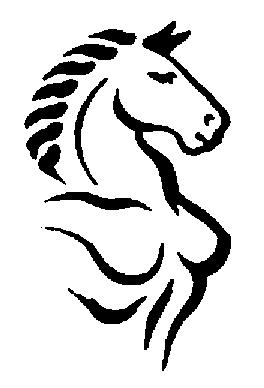 |
Communicating through Media |
 |
Communicating through Media |
Dear Ms. Fredericks, It was fascinating to read various articles, written by you and published by Zerf Productions, on the history of the Métis people of South Africa and the similarities with the history of the Canadian Métis. As a white South African of both Afrikaans and English descent, the history that I learnt in schools was heavily controlled even though our history teachers dared to challenge status-quo interpretations from time to time. Nevertheless, I was left with the impression that the issue of contention was whether South Africa belonged to Europeans or Afrikaners or whether it belonged to the Zulu/Xhosa Africans. That is to say, did the whites arrive before the Africans migrated to the Southern tip of the continent? You, Ms. Fredericks, make us aware of a vital and ignored piece of information. The Khoikhoi were already settled in the Cape when my Portuguese, Dutch, French, German and British ancestors visited and later settled in the Cape.. This fact remains irrespective of African migration towards the Natal area on the Indian Ocean. You are justified in your indignation to be treated as coloured or a bastard race rather than as an indigenous people who were subjected to colonization and slavery along with cheap labour brought from India, Malaysia, Indonesia, and Java. English is my first language and although I am not a linguist I would dare to agree that the Afrikaans language is as much a language of Khoi and San descent as it is of Dutch, German, French, Portuguese and English. When I have on occasion tested my less-than-professional Afrikaans on the Dutch, German, French, English and Portuguese-speaking people, the similarities are extremely diluted. Ms. Fredericks, you may sometimes think that your research into the indigenous history and quest to bring self-knowledge and self-esteem to the Métis people of the Cape is futile given the physical distance between South Africa and Canada. I would like to stress that South African universities look forward to Canadian social thought to supplement their own theories. Indeed, during the first democratic elections Canada invited many future civil servants and policy makers to come to Canada and analyse the system here and as a result the political Federal (national) and Provincial (regional) structure in a democratic South Africa is similar to Canada's. Therefore, I think that enlightening Canadians on South African indigenous history will eventually seep through to the school textbooks of South Africans. Don't give up. Persevere. The people are learning from you. Theresa Oliff Assistant private secretary to the Minister of Lands Affairs in the President Mandela Government (1994-95) Dear Ms. Fredericks, I was pleased to read the Zerfred Grapevine article in the Fall 1998 edition of Zerf News. It compared the Métis of South Africa with those of Canada. It is so essential to the national identity and individual liberty of South Africans and Canadians that we continue to absorb what is of common national heritage. As human dignity and fairness are basic to the reform and progress of our societies, we must pursue trading such information and experiences with the openness and vigour of a people equitably centred upon democratic nationhood. Continue your endeavours.
|